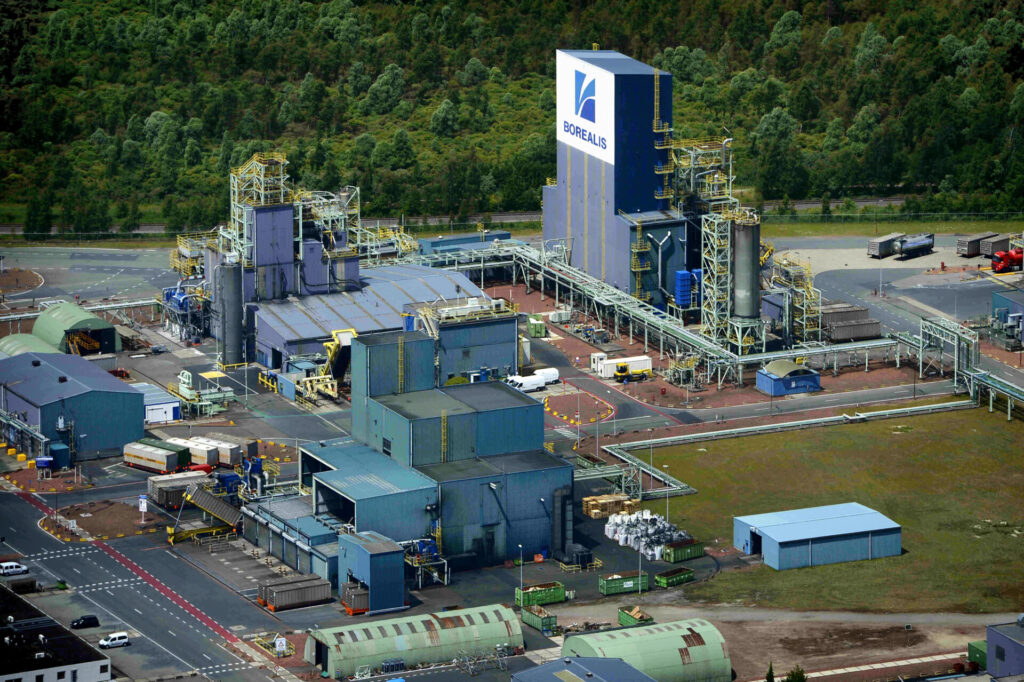Belgium's reception centres lack the space to provide care for all the 174 victims of human trafficking in the case surrounding the Borealis chemical company in the port of Antwerp, according to aid organisation Payoke.
More than 100 people working on the Borealis sites in Antwerp have already been recognised as victims of human trafficking since 55 victims were discovered in one of the company's construction sites last week, in circumstances akin to modern slavery.
"We now have 174 victims of human trafficking in the case involving the chemical company Borealis," said Klaus Vanhoutte, director of Payoke, on Flemish radio on Wednesday. "This is a catastrophe. Historically, there has never been a human trafficking case in Belgium this big. I even think this might even be one of the biggest European cases."
The men were underpaid (reportedly just €650 a month while working six days a week), worked in Belgium illegally, and were poorly housed. Shortly after the first 55 victims were found, it emerged that Borealis had been well-aware of the abuse since May.
'We cannot help everyone'
On Wednesday, Antwerp's labour auditor confirmed that 174 possible victims have come forward: 17 Bengali nationals, 52 Filipinos and very recently 105 Turkish people. More (likely coming from other countries) are expected to be added to the list over the course of the investigation.
"There are no scenarios for this. We did not know what to do with the first 55 victims and it turns out that they were not even a third of the total," Vanhoutte added. "We cannot help everyone."
Some of those who came forward had already been interviewed and almost all those who could be fully identified were given provisional status as victims of trafficking. Now, 55 victims have officially been recognised and are being taken care of in the city of Antwerp, but over 100 more potential victims will likely be added.
Related News
- Human trafficking: Belgium launches central contact point to help victims
- Modern slavery: 55 victims of human trafficking on Antwerp construction site
- Human trafficking: Borealis knew about worker exploitation since May
They will be given a reflection period of 1.5 months (45 days), and can then request a registration certificate which will allow them to stay and work in Belgium. In the meantime, however, they have no prospect of adequate shelter for the time being.
"They are now in precarious locations where they have been placed by the recruitment agency and exploited. Harrowing situations," said Vanhoutte. "All the reception centres in Belgium are full, they have nowhere to go."
At Payoke, they do not see how they can help all the victims for now. "I have no answer on how to start this. I normally have holidays now, but that will have to wait. We are continuing to work with everyone, but I do not know how to solve this."

